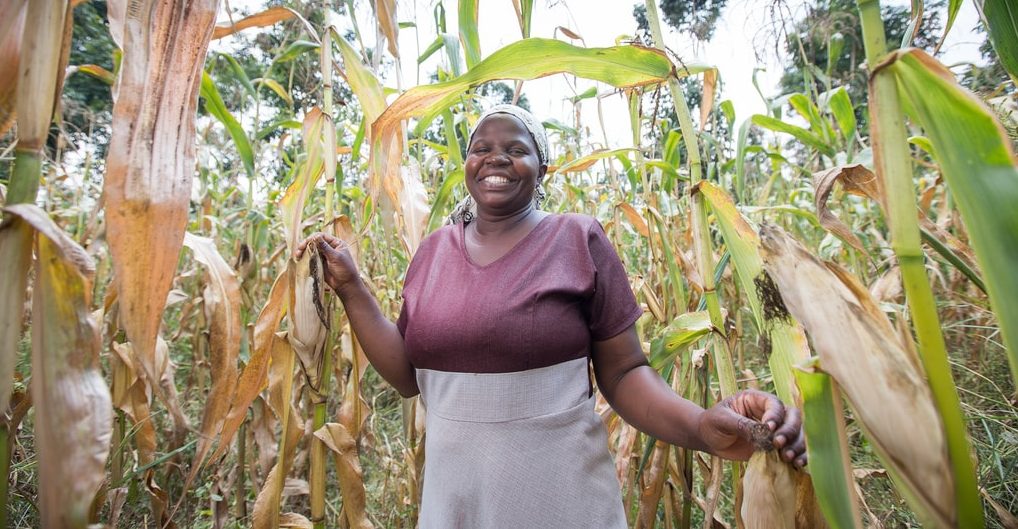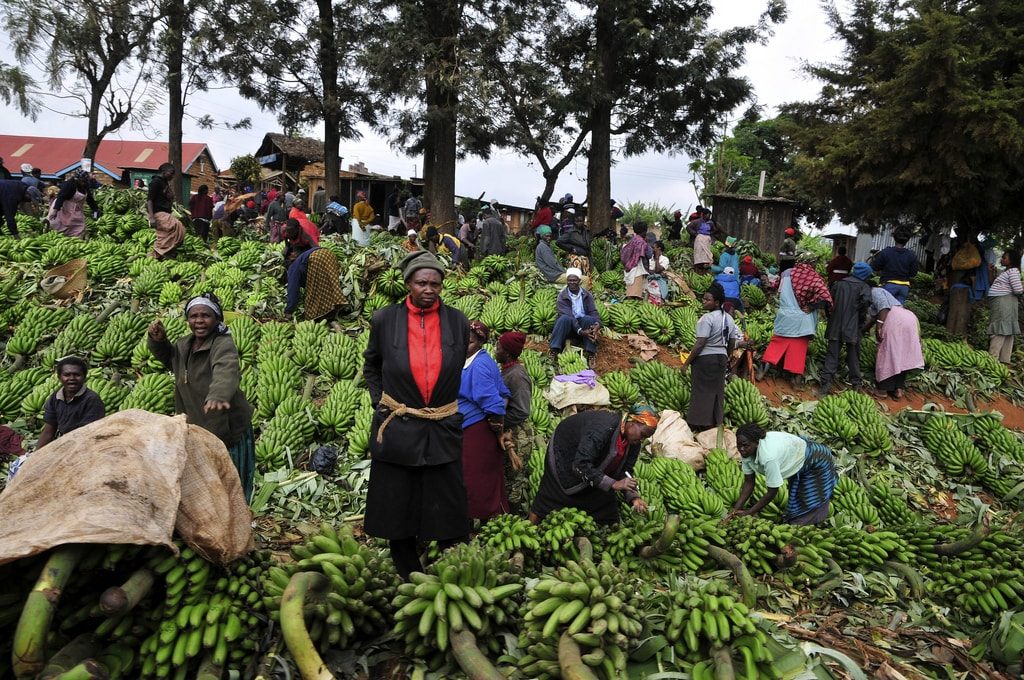Many female smallholder farmers in Kenya have a hard time accessing markets. This happens because female farmers often lack information about market demand, have limited resources to run their own channels of distribution, and are constrained in terms of time because they also have to manage their farms and look after their house and family.
As a result, many of these farmers rely on middlemen, who gather their produce and then sell it to greengrocers or other retailers. While middlemen often play an important role, it is problematic if this is the only way farmers can access the market. Where this is the case, many farmers often have lower bargaining power and do not always get fair prices for their produce.
To address this challenge an expert group comprised of Inclusive Business Sweden, Pool.farm, AWAN and Agriprofocus with support from SIANI, are on a mission to explore how collaborative purchasing and distribution could provide an avenue for female farmers to directly and effectively market their produce by making it easier for buyers to purchase their produce. This could mean that farmers would have the possibility of getting better prices for their produce by selling directly to customers and going around middlemen.
Kenya has a bustling digital scene with many solutions for farmers on offer. However, several have failed and many struggle to do well. There are many reasons why this is the case, ranging from unsustainable business models to low uptake of some solutions by farmers. In the coming months, the Expert Group will interview providers of digital solution in Kenya to better define where the challenges lie.

